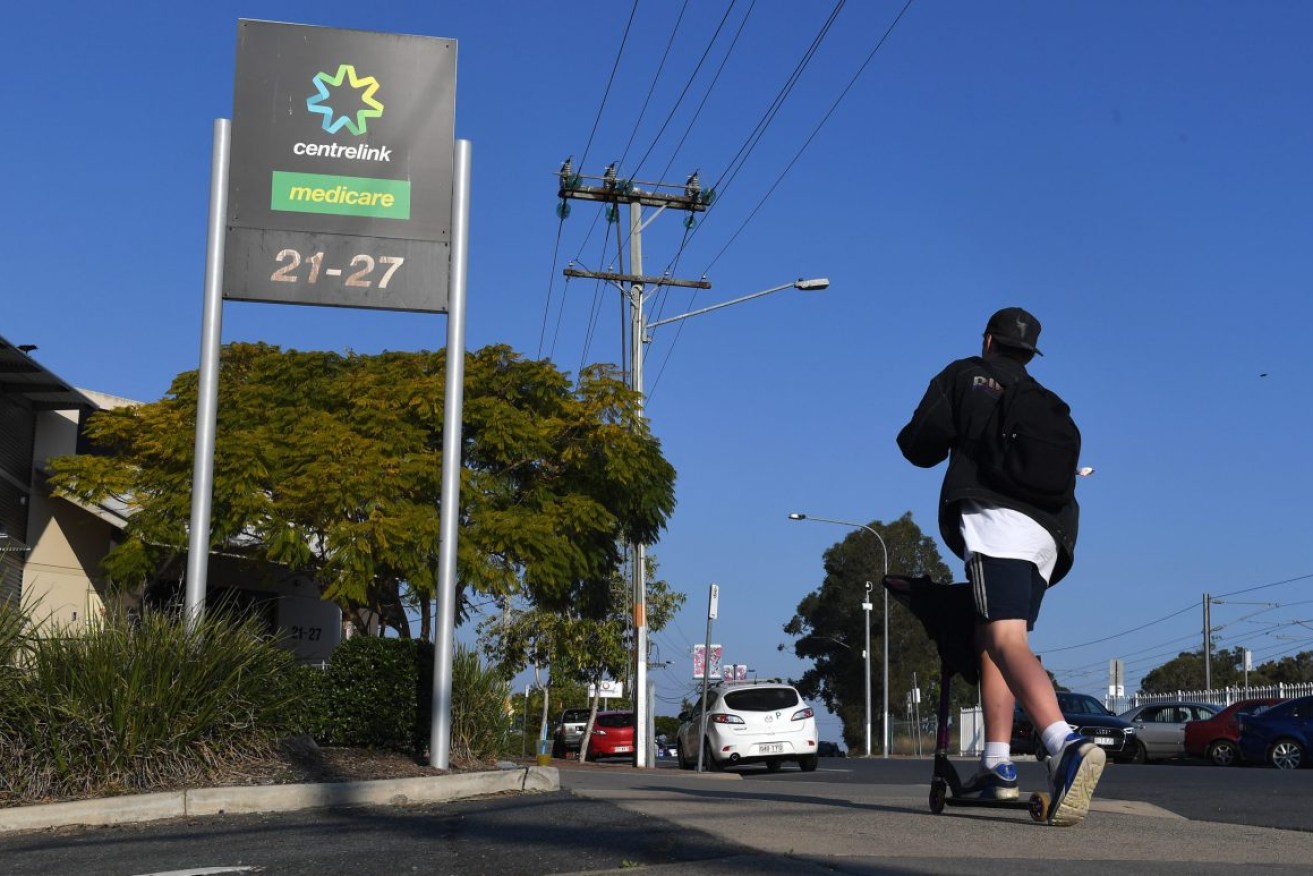Robodebt: Senior officials facing tough questions
Senior welfare officials will be grilled over their involvement with robodebt when a royal commission into the unlawful scheme resumes today.

Photo: AAP/Dave Hunt
The commission is examining why the controversial Centrelink debt recovery scheme was established in 2015 and how it continued until 2019, given the program had generated significant criticism by early 2017.
The latest evidence centres on what department officials knew about the potential illegality of the scheme and how they communicated that information with the government, other staff and independent watchdogs.
Government solicitor James Carter will appear before the commission along with three senior officials from the Department of Social Services, which delivered the scheme.
Among them will be Allysson Essex and Kristin Lumley, two former officials involved with payment integrity within the department, as well as the department’s former principal legal officer Anna Fredericks.
The robodebt scheme used annual tax office data to calculate fortnightly earnings and automatically issue welfare debt notices.
The program recovered more than $750 million from 381,000 people and led to several people taking their own lives while being pursued for false debts.
Earlier this week, a senior bureaucrat conceded his department made “false” statements about the robodebt scheme.
Robert Hurman from the Department of Social Services helped draft a letter to the Commonwealth ombudsman making the false claims.
Hurman told the commission he wasn’t sure why he helped mislead the ombudsman.
The public servant agreed he adopted a course of action that was not “full and frank” with the watchdog.
The commission also heard testimony a government lawyer encouraged senior officials to ignore a tribunal finding that robodebts could not be legally enforced.
Department lawyer for Human Services Brian Sparkes told staff to keep using the controversial scheme, despite the Administrative Appeals Tribunal ruling against it.
When asked by staff if they should write off a robodebt, Sparkes said “it is not the case we cannot raise a debt” as long as they had tried other methods to accurately find their income.
Human Services appeals boss Elizabeth Bundy also admitted she hadn’t read the initial tribunal finding that struck down robodebt.
When asked why she hadn’t read the 2014 legal advice, Bundy said it was impossible to read all 13,000 decisions made by the tribunal each year.
-AAP




